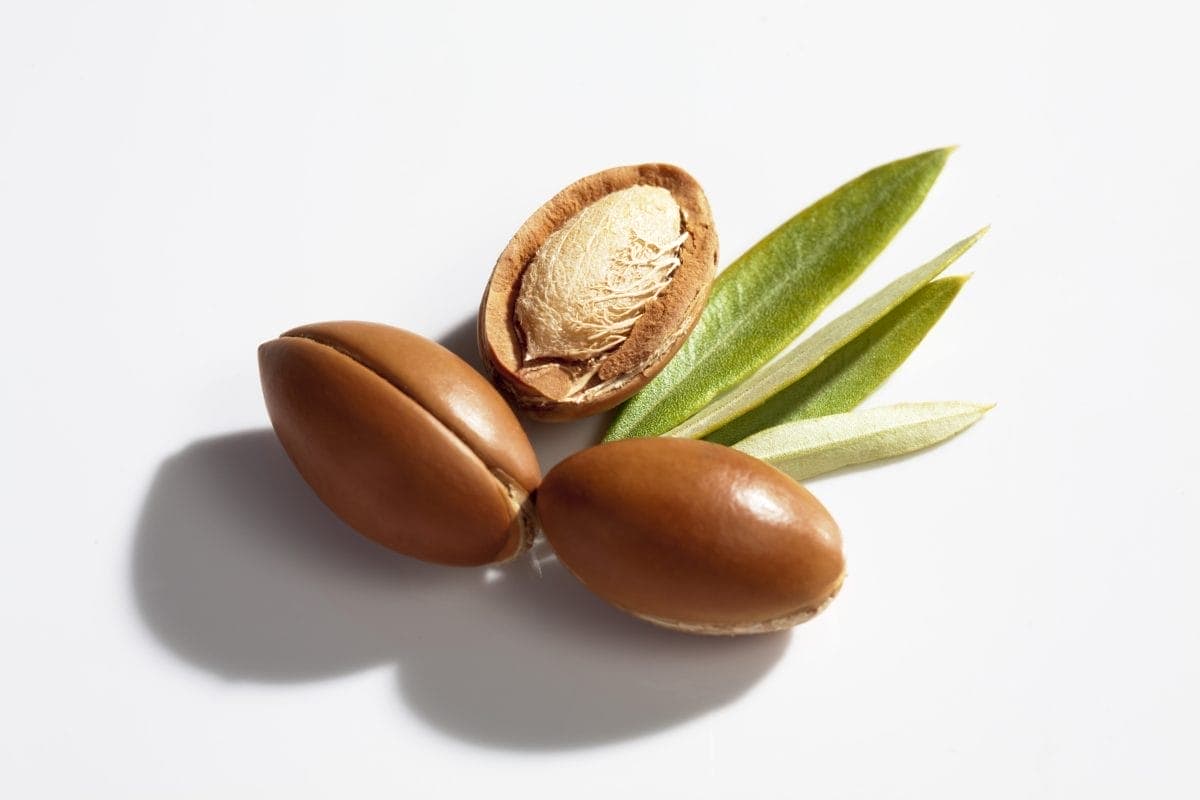Skincare
The Origins and Composition of Argan Oil
Argan oil, often referred to as ‘liquid gold,’ originates from the kernels of the argan tree, which is native to Morocco. This rare oil is highly prized for its nutritive, cosmetic, and numerous medicinal properties. Harvesting argan oil is a labor-intensive process that involves extracting the kernels and pressing them to release the oil. This method ensures the oil retains its valuable nutrients, which are essential for skin care. Argan oil is particularly rich in essential fatty acids, antioxidants, and vitamin E, making it a potent ingredient for moisturizing and revitalizing skin.
Benefits of Argan Oil for Skin
Argan oil offers multiple benefits for the skin due to its unique composition. It hydrates the skin deeply, thanks to its high content of oleic and linoleic acids, which are essential components of the skin’s natural barrier. This helps to maintain moisture and improve skin elasticity. The antioxidants in argan oil, particularly vitamin E, also help protect the skin from damage caused by free radicals and UV radiation, which can lead to premature aging. Regular application of argan oil can help reduce the appearance of fine lines and wrinkles, giving the skin a more youthful appearance.
The oil’s anti-inflammatory properties also make it beneficial for conditions such as acne and eczema. It helps soothe irritation and reduce redness, promoting a clearer, calmer complexion. Moreover, argan oil has been found to regulate sebum production in the skin, which can help prevent and treat acne breakouts.
Argan Oil in Skincare Routines
Incorporating argan oil into a skincare routine is straightforward and can be tailored to individual skin types and concerns. It can be applied directly to the face as a serum, or added to moisturizers to enhance their hydrating properties. For those with dry skin, argan oil can be a lifesaver, especially in colder months when the air is dry and harsh. Its moisturizing properties help prevent the flakiness and dryness often associated with seasonal changes.
For oily and combination skin types, argan oil offers a non-greasy formula that moisturizes without clogging pores. This is crucial for preventing the overproduction of oil that can lead to breakouts. Argan oil can also be mixed with other natural ingredients like tea tree oil or lavender to boost its skin-clearing benefits.

Research and Effectiveness
Scientific research supports the benefits of argan oil for skin care. A study published in the journal ‘Clinical Interventions in Aging’ in 2013 showed that dietary and cosmetic argan oil improved skin elasticity in postmenopausal women. The study highlights argan oil’s potential to combat skin aging by restoring the skin’s hydro-lipid layer, thus increasing elasticity, and decreasing roughness.
This type of research is invaluable for validating the traditional uses of argan oil and its effectiveness in modern cosmetic formulations. By understanding how argan oil works at a molecular level, manufacturers can better incorporate it into products that maximize its benefits.
User Testimonials and Product Reviews
User testimonials and product reviews often highlight the transformative effects of argan oil on the skin. Many users report improved skin texture and hydration, as well as a reduction in acne and other skin blemishes. These anecdotal evidences, while not scientific, provide real-world proof of the oil’s effectiveness.
Product reviews from reputable skincare brands also reveal that products containing argan oil are consistently highly rated. Users appreciate the non-greasy feel of argan oil and its ability to absorb quickly into the skin, making it a preferred choice for both day and night use.
Argan Oil and Environmental Sustainability
The production of argan oil also has environmental and social impacts. The argan trees are vital to Morocco’s ecosystem, preventing desertification while providing income for local communities. However, the rising popularity of argan oil has put pressure on these resources. Sustainable practices are crucial to ensure that the benefits of argan oil can be enjoyed without compromising the health of the argan forests or the economic stability of the communities that depend on them.
Efforts are underway to protect the argan tree through reforestation and by obtaining organic and fair-trade certifications. These initiatives help ensure that the production of argan oil benefits all stakeholders—environmentally, economically, and socially.
In conclusion, argan oil is a versatile and powerful skincare ingredient that offers benefits ranging from moisturizing dry skin to reducing the signs of aging and managing acne. Its natural composition, backed by scientific research and positive user feedback, makes it a valuable addition to any skincare regime. As awareness of its benefits grows, so does the importance of implementing sustainable practices to protect the future of argan oil production.




